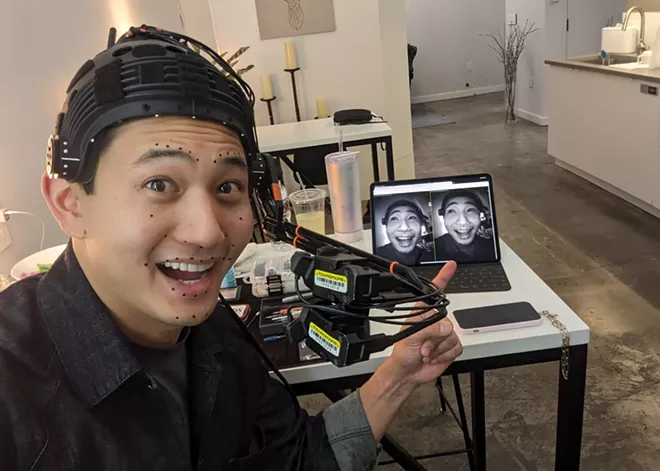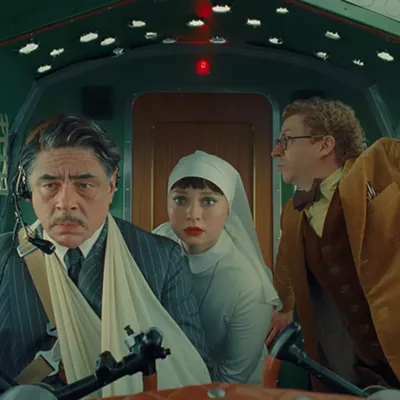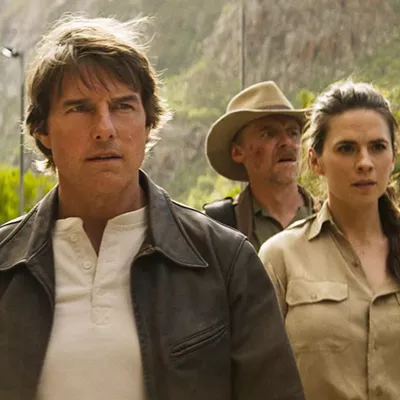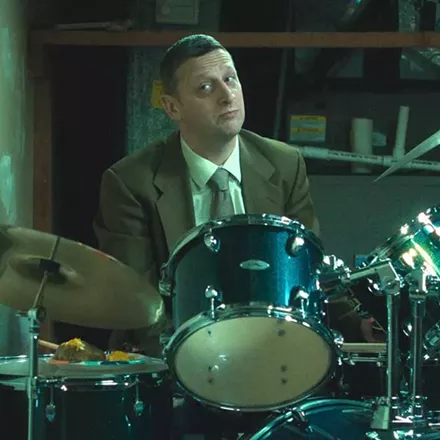Last week saw the arrival of the latest blockbuster Playstation 5 game, Rise of the Rōnin, an epic action RPG set in Japan's Edo period. But the game has been part of my life for more than a handful of days.
That's because last year, my digital likeness was captured to represent one of its characters. In the game I portray famed 19th century samurai Nakaoka Shintarō.
A lot goes into having your facial expressions captured for a video game. A professional makeup artist painted dots on my face. A helmet with infrared cameras was secured to my head. While my exact face isn't in the game, my facial motions certainly are. It was an amazing experience.
In signing up to play this character, I signed away the rights to my digital likeness for use in the game and for the purposes of online marketing. But, with the rapid rise of generative AI tools and applications, a high-fidelity scan of my face and recordings of my voice are more than enough to make a digital version of me say anything. Including what was not on the script at the recording sessions.
As an actor, this is a worrying prospect that can affect my reputation and my future prospects.
For instance, it's quite common for any production to ask actors to come back on set or to the recording booth. This can be for anything from lost digital files to directors or producers changing their mind about a creative direction. That's part of the job, and on a SAG-AFTRA union set, that's another day of paid work. But with the ability to recreate a person's voice — and digital likeness — it's quite possible for productions to digitally manipulate lines and delivery instead of paying the actor for their time.
Another possibility is that the production manufactures lines of dialogue and actions that I've never had the knowledge my character would portray. It's one thing to always know what my character is saying by virtue of performing the lines. But it could be quite possible to make my image do unspeakably horrible things without my knowledge. The digital version of me might also be acting in a way that doesn't reflect my abilities or choices I would make as a performer, and could harm my reputation.
This insight comes as an AI insider. My regular day job is at Google, where I've worked on Gemini (formerly Bard). My contributions include developing the Japanese personality of Google Assistant and designing the first-ever digital health care worker for the World Health Organization during the COVID lockdowns. That said, I also picketed with SAG-AFTRA against certain uses of AI last year.
The way I view AI is akin to the automobile. Both are tools that have and will continue to drastically change how life is around the world. But in the same way we needed licensing and common sense laws passed for the safe usage of automobiles, we need concrete AI laws and policies in place to protect everyone. My hope is to help build these products to be safe and ethical. But I'm afraid we are reaching a point where someone will have a Ralph Nader moment and publish, Unsafe at Any Scale, The Designed-In Dangers of AI.
It's increasingly obvious that ethics boards and mission statements have little practical sway over the large companies' decisions that are beholden to shareholder interests. It is organizations like SAG-AFTRA that codify rules and protections that allow actors and artists like myself to at least hope for a semblance of a dignified life. But real laws and policy will ultimately determine if companies shape their products to allow sustainable and equitable media production to continue.
So should I be concerned about my likeness rights with AI for my role in Rise of the Rōnin? Yes, I think I should be. But who really would say no to an opportunity like this? It was an absolute privilege and honor to portray Nakaoka Shintarō. Both things can be true, and hopefully stronger policy and union agreements will prevent actors from even worrying about it at all.
Now if you'll excuse me, Rise of the Rōnin takes dozens of hours to complete and this writing is really cutting into my gaming time. ♦























